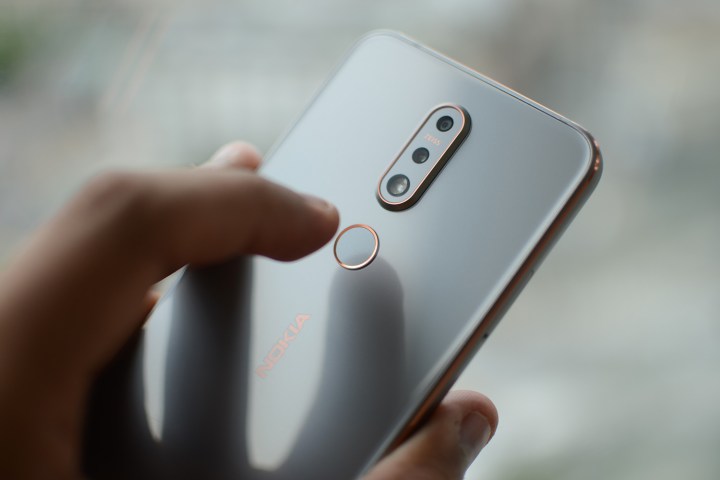
The advance of technology outpacing the law is a commonly held belief, but it seems the law is starting to catch up. A Californian judge has ruled that U.S. law enforcement agencies cannot force suspects to open their smartphones with fingerprint sensors or face unlock.
It was previously the case that such biometric unlocking processes were not protected by the Fifth Amendment in the same way phone passcodes were. In essence, passcodes were viewed as “something you knew,” while biometric logins were viewed as “something you are,” and were thus exempt. However, according to an order uncovered by Forbes, Magistrate Judge Kandis Westmore of the U.S. District Court for the Northern District of California has denied a request for police to be able to use biometric unlocking methods to open devices seized in a raid.
The request came as a result of an investigation into a Facebook extortion crime, where a victim was blackmailed with a sensitive video. While Westmore admitted the warrant to search the premises was valid, it did not give them the right to use iris, face, or fingerprint sensing to unlock every phone found on the property.
Westmore claimed the request was “overbroad” — but critically held those unlock methods should be protected by the Fifth Amendment’s protections against self-incrimination. She wrote in her rule that “if a person cannot be compelled to provide a passcode because it is a testimonial communication, a person cannot be compelled to provide one’s finger, thumb, iris, face, or other biometric feature to unlock that same device.”
In other such cases, judges have found body parts were not viewed as “testimonial” — unlike passcodes, which have to willing and verbally given up to authorities. As such, previous cases have allowed officers to use biometric unlocking procedures to access suspects’ phones. However, Westmore held the two viewpoints created a paradox — how could these unlocking methods be held to different standards when they all resulted in the same loss of privacy?
It’s wise for fans of personal security not to put too much stock in this ruling yet, as it could still be overturned by another court.
Editors' Recommendations
- No, the Journal app on your iPhone isn’t spying on you
- How to save text messages on iPhone and Android
- You’re all wrong — 60Hz on the iPhone is fine
- It’s finally happening — your iPhone is getting RCS in 2024
- As a parent, there’s one iPhone 15 feature I can’t wait to use


